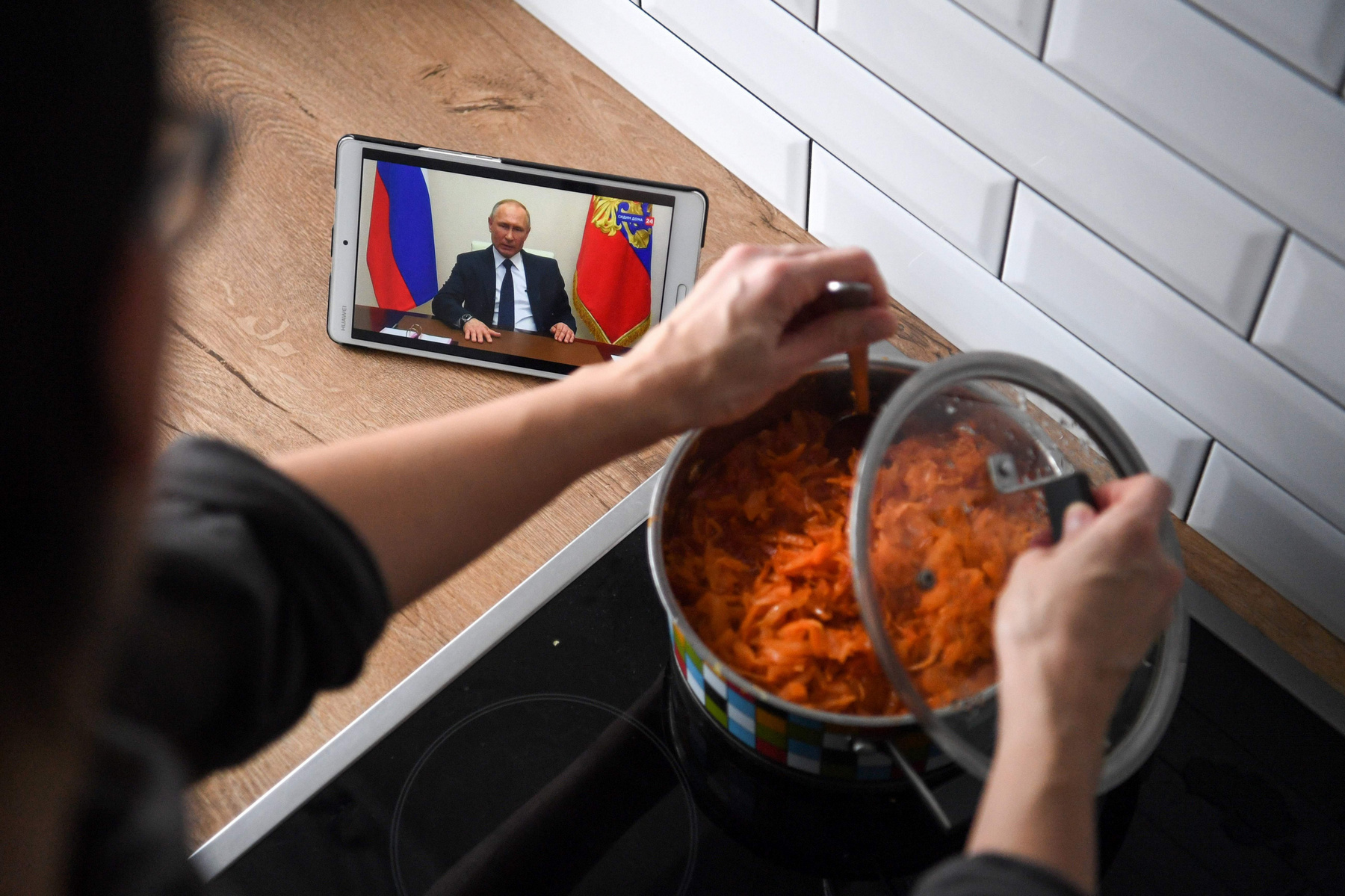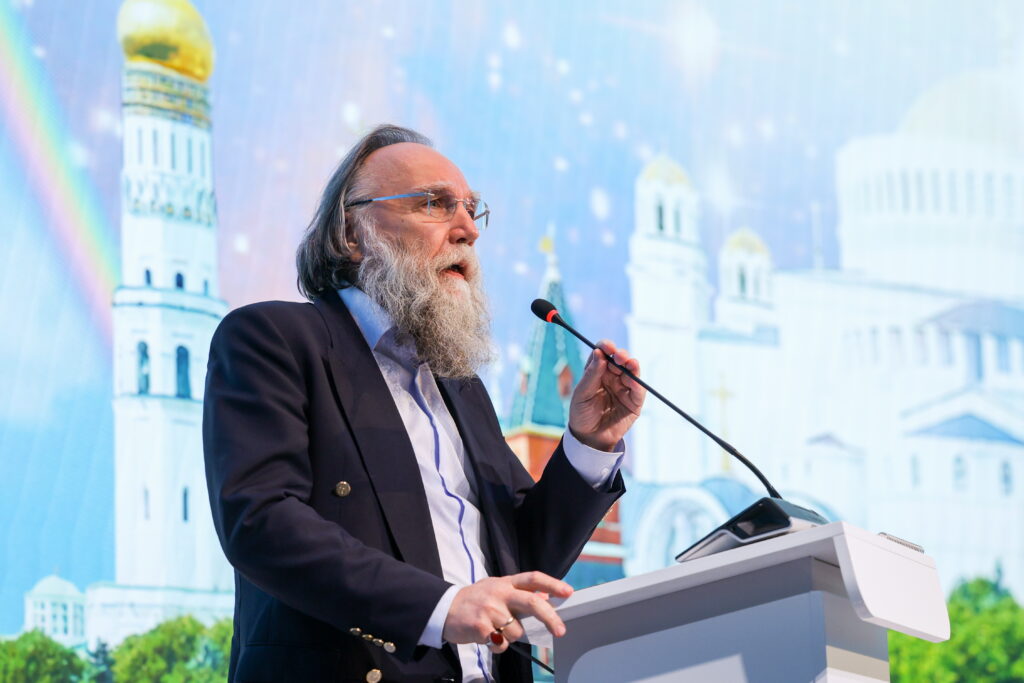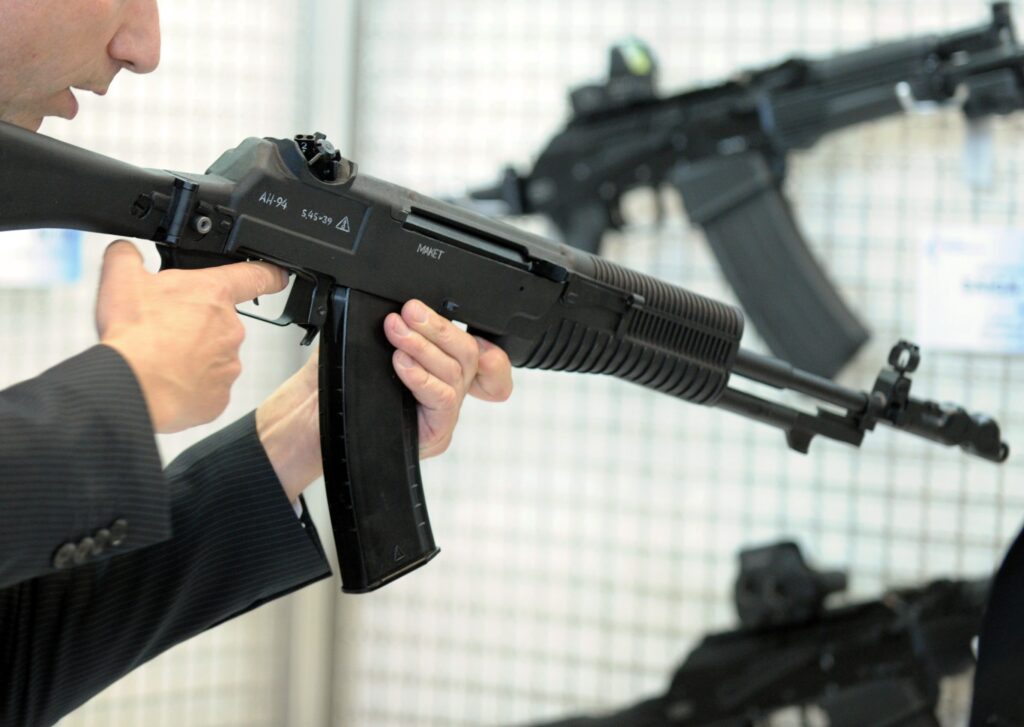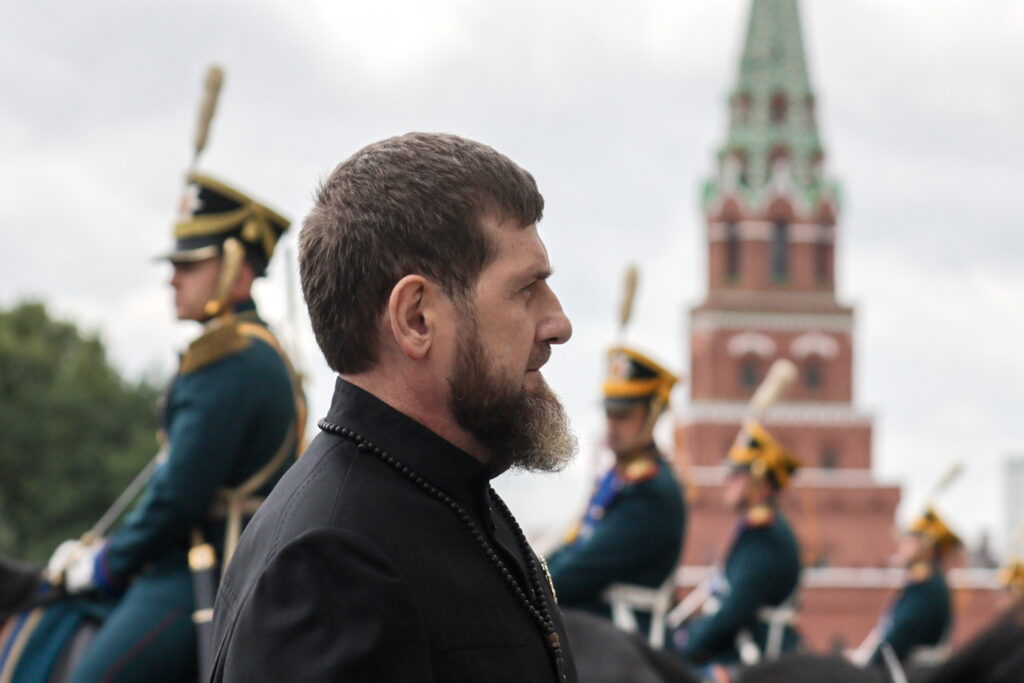The news of the pandemic has overshadowed the topic of resetting term limits. However, political processes that had already been launched will soon reach their culmination point — that is, an articulation of the people’s will.
An appeal to the people’s will is typical rhetoric for contemporary autocrats. Hugo Chavez, Evo Morales and right-wing populists present themselves as representatives of the people. They make their deeds appear as if accomplished for the people and in the name of the people.
In recent years, Vladimir Putin has taken the most radical and headline-making steps because he ‘owed it to the people’, ‘the people demanded this’ or ‘the people decided thus’. This line of argument was used by Putin when he ran for his third presidential term, when the Armed Forces occupied Crimea and when the peninsula was annexed. The same argument is currently used to legitimise the erasure of presidential term limits. Taking her cue from Putin, Valentina Tereshkova claims the proposal to lift the presidential term limit comes from the people themselves: ‘Ordinary people have demanded it. Demanded it!’
This strategy is known in discourse analysis as the popular approval argumentation scheme or topos. Such a scheme is constructed in the following way: ‘If the people approve of this move, it must be made/it is legitimate’ (legitimacy is one of Putin’s buzzwords). The opposite scheme is also possible: ‘If the people disapprove of this move, it should not be made’. In this case, popular approval does not entail democratic procedures such as an election or referendum. Popular approval is implied or indicated in writing, even if it has little to do with reality.
The involvement of this scheme is primarily indicated by nouns such as ‘the people’, ‘citizens of Russia’, ‘our people’, ‘the citizenry’ and ‘taxpayers’ in combination with verbs which denote actions to express the people’s will. For instance, the people ‘elected’, ‘supported’, ‘decided’; the people ‘demand’, ‘want’, ‘do not want’, ‘are entitled to expect,’ etc. This topos is also characterised by indicating that it is precisely the people who are the source of power. It is expressed by references like ‘we owe it to the people’, it is ‘the will of the popular majority’ as well as terms such as ‘legitimate’ or ‘legitimately’.
The special role and attractiveness of the popular approval topos to authoritarian rulers lies in how it resembles the topos of democracy. Namely, the argument based on (at least formal) recognition of the importance of democracy. After all, democracy is literally translated as ‘rule by the people’. However, these are completely different topoi in principle; they perform different functions in political rhetoric. A switch from one line of argument to the other is a significant sign of regime transformation. That is why it is interesting to see the shift in argument in Putin’s political speeches.
Early in his presidency, Putin hardly ever referred to the people’s will in his arguments. He often resorted to the topos of democracy. For example, from 2000−2007, the argumentation scheme drawing on the importance of democracy was used at least four times during each of his presidential addresses. This was especially noticeable in the addresses during election years (2000 and 2004).
The democratic nature of changes was usually invoked by Putin to justify reforming institutions. For example, in 2000 Putin argued that if corruption was not combated, the state ‘would no longer be democratic’. The Federation Council reform and proportional representation were justified by the need to ‘develop democracy and professionalisation of parliamentary activity’.
References to the people’s will started to appear occasionally, still in combination with references to democracy, only at the end of Putin’s second presidential term. In particular, the president used this to argue for his policies which were allegedly based on democracy and a fight against corruption.
However, the topos of democracy has been less popular in post-2012 speeches. It was absent from presidential addresses in 2014−2017. The claim that this is what the people wants has replaced mentions of democracy. It is the people’s will which was used to rationalise the shift back to mixed-member proportional representation in the State Duma (which became ‘a decisive step that resonates with public opinion’). The same argument was used to explain the need for the single-mindedness of Russia’s government and parliament (presented as indispensable to fulfil ‘all obligations and promises made to the citizens’) as well as to confirm the legitimacy of a pending policy (it is pointed out that these are ‘citizens who opted for constructive development of the country’). Besides, the people’s will justified the choice of the president’s ideological stance, namely adherence to conservatism and belief in the uniqueness of Russian democracy (the 2012 address).
The revision of the fundamentals of the constitutional order is also presented as the ‘demand of ordinary people’. The constitutional nature of the most spectacular amendment on resetting Putin’s time as president to zero. It contradicts the fundamental principle of a democratic state governed by the rule of law. Yet it was legitimised by the RF Constitutional Court with reference to the people’s will. To be fair, the court did mention (in passing and with a caveat) that ‘the constitutional definition of a democratic state governed by the rule of law usually implies the imposition of rather strict restrictions in this respect’ (i.e. how many times the same person can hold the office of president). The court immediately added that, on the other hand, there exists a constitutional principle of popular sovereignty which ‘implies that the people are given the right to elect the person considered most worthy of being the head of state in a free election’.
It is no coincidence that during each meeting, members of the working group on constitutional amendments cited high popular approval of the changes. And the Russian nationwide plebiscite on constitutional amendments is not a coincidence either. Experts have spoken about the absurdity of this public vote from a legal point of view: This form of voting is not envisaged by the legislation; this is neither a referendum nor an election; and the Russian procedure of constitutional amendments itself does not provide for a public vote. In other words, from a legal point of view, it is a large-scale opinion poll that does not entail any legal consequences. Rhetorically speaking, it to create an appearance of legitimacy. This was clear to Putin. Responding to Tereshkova’s proposal, he said during his speech in the State Duma that resetting the term limit was only possible ‘if the citizens supported such a proposal and such an amendment, and voted for it in a public vote’. Strange as it may sound, popular sovereignty is not at all identical to democracy.
As long as there is still space left for democracy in the political vocabulary of an authoritarian regime, and as long as the authorities mention the need for democratic development when arguing their case, at least formally the regime finds compliance with the status of a democratic state somewhat important. Making use of the rhetoric of democracy, albeit only as a facade, leaves some options for civic engagement.
The dominance of the rhetoric of popular sovereignty in public discourse is a sign of the regime’s solidification, the final stage of its formation. The authorities are confident they own the people’s will (‘the people want what the president wants’) and there is no more need to erect democratic facades, either for the sake of the citizenry or the international community. But along with tightening of the regime, a widening gap between rhetoric and practice is becoming more plain even for the most loyal citizens, especially during the epidemic. This can undermine the legitimacy of the regime. However, the authorities no longer notice this.









